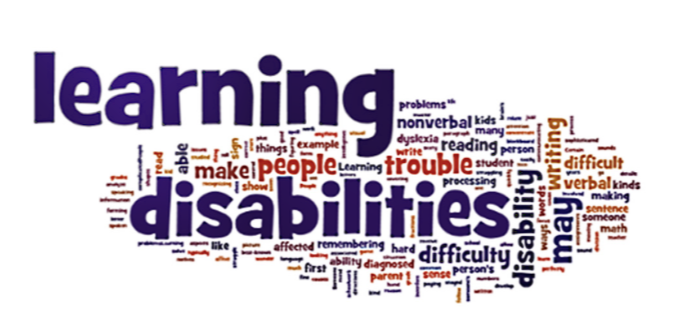Schools are meant to provide an educational foundation for students of all ages and backgrounds. This is the place where children start to learn how to communicate, read, and understand behavioral life skills. Teachers, administrators and mentors help children develop these fundamental skills in order for them to adapt into society. Therefore, the educational institution adheres to some type of curriculum depending on their local district and state.
However, children learn in different ways and styles.
From a young age, children are still learning how to adjust their thought process, and this can be challenging for children who are struggling with understanding basic concepts. When students are faced with learning challenges, teachers and school officials work together to improve an educational program for the child. This program is called the Individualized Educational Plan (IEP), which is designed to help them achieve better educational results.
About 13 percent of students who are placed in an IEP program are diagnosed or tested with some type of learning disability. Some of these learning disabilities range from various autistic spectrum disorders such as attention deficit hyperactivity disorder (ADHD), speech delay, anxiety, auditory processing disorder (ADD), dyslexia, and many other conditions which affect the child’s ability to learn. According to Understood, for learning and attention issues, kids with learning disabilities have more trouble in school and out of school.
The National Center for Education Statistics (NCES) gathered data from Individual with Disabilities Education Improvement Act (IDEA), which is estimated that there are more than 6.7 million children with disabilities in public schools across the U.S. Laws and policies have been implemented to help students who are struggling in school. Therefore, parents who have children with learning disabilities may be eligible for services that can help improve the child’s learning abilities.
Three major components outside of school that may provide services to children with special needs are Regional Centers, Social Security Administration, and In-Home Support Services.
- Regional Center is a community organization who helps support schools and families with information, tools, therapy and many other services. Their main objective is to help individuals with developmental disabilities.
- Los Angeles Regional Center
- SF Golden Gate Regional Center
- Regional Center of the East Bay
- Supplemental Security Income (SSI) is a Federal and State funded program administered by the Social Security Administration (SSA), which may assist with financial benefits for children with severe intellectual or learning disabilities as well as Medicaid insurance. In order to qualify for these some of these benefits, a child and their parents would have to meet the low income and resource requirements in addition to the child’s disability condition. Monthly benefits can be used towards basic needs and improving their medical or learning limitations. For example, parents can use the financial aid for therapy sessions, educational items, and extra curricular activities that will help the child progress in other areas. The possibilities are endless, especially for those who need additional financial support. Parents who have children struggling at school can acquire more information from their local school and regional center regarding an IEP.
- In-Home Support Service is a program designed to provide assistance for disabled people. If a disabled person has limitations performing daily activities in their own home, then IHSS would assistant with an in-home care provider to help them with their daily activities. Children with severe disabilities can benefit from this program under various circumstances. You can find out more about IHSS at your local county social services office.
If you are a parent with a special needs child, you can find out more about IEPs from your child’s school.
Instagram @disability4me
La Comadre Connections
Latest posts by La Comadre Connections (see all)
- What Does the Supreme Court Decision in the DACA Case Mean for Students? - June 23, 2020
- Algunos Recursos Para Niños Con “Discapacidades Ocultas” - August 14, 2019
- Some Resources for Children with “Hidden Disabilities” - August 12, 2019
- Las Familias Impactadas por la Huelga de UTLA, Tienen Acceso a Bocadillos y Programas en Parques Seleccionados del Condado de Los Ángeles - January 17, 2019
- Families Impacted by UTLA Strike Have Access to Snacks and Programs at Selected LA County Parks - January 16, 2019

